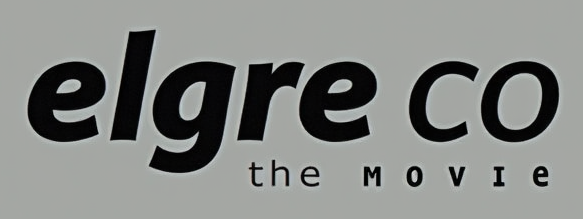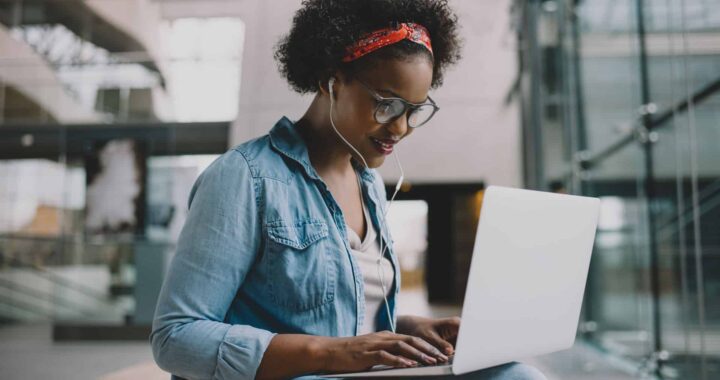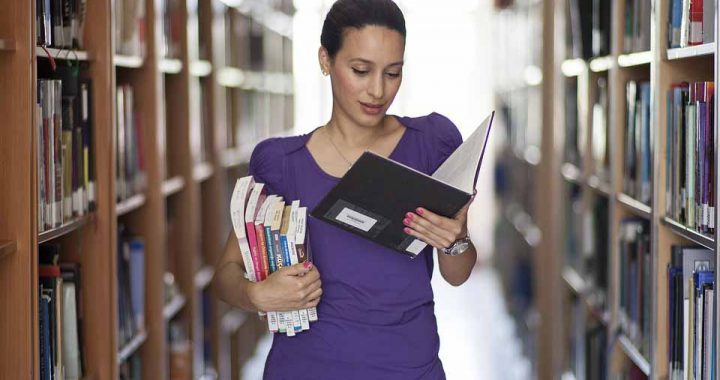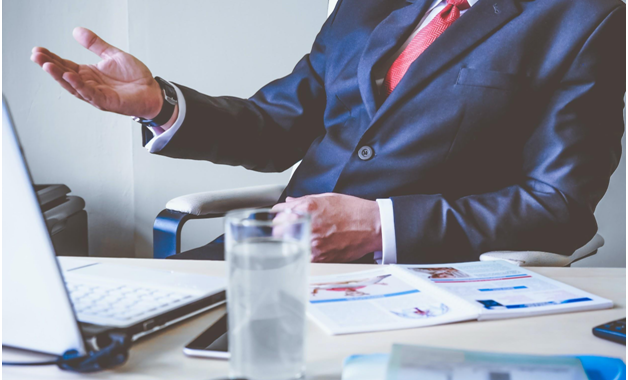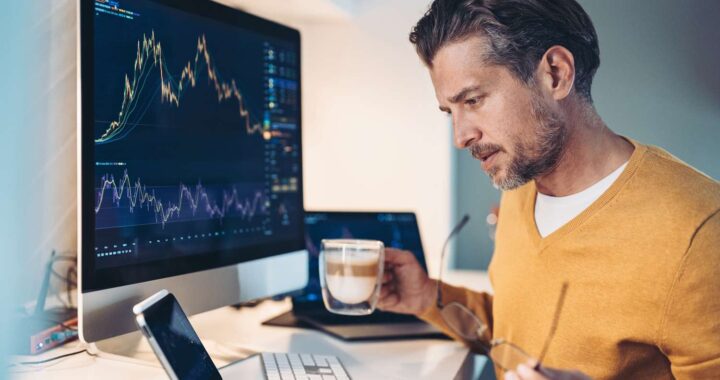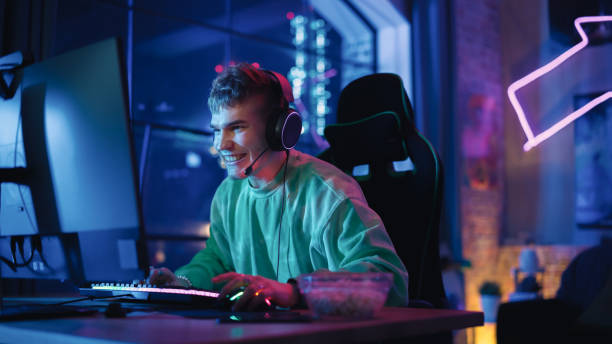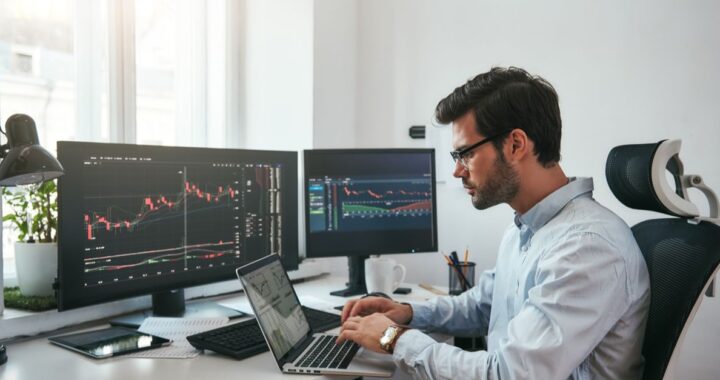We Use Math More Often Than We Think
2 min read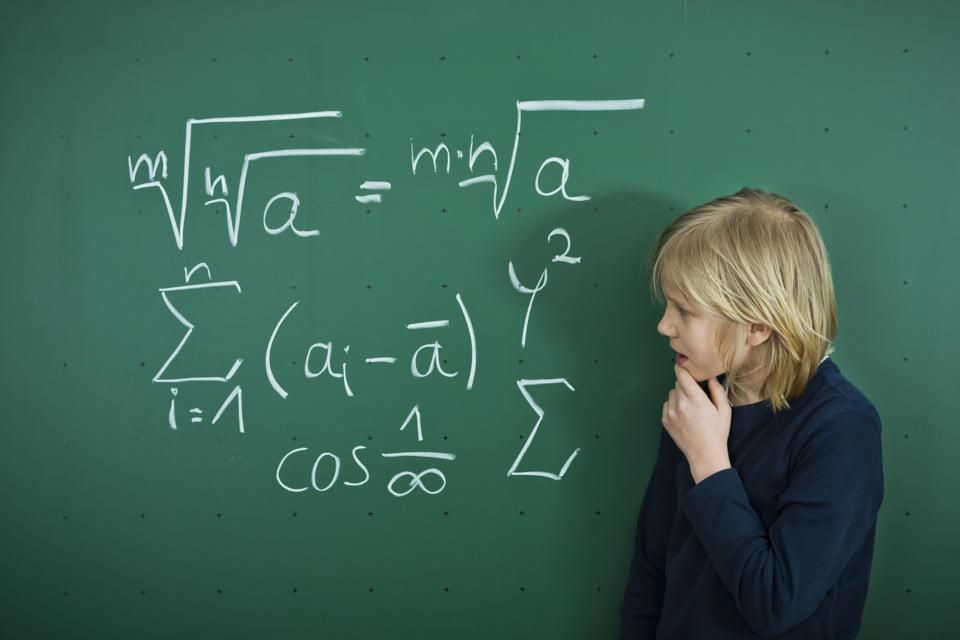
Maths relates to a wide range of academic topics on the GCSE course and A Level curriculum, which not just suggests that an inadequate understanding of mathematics can trigger pupils to struggle in several other topics yet likewise that it might limit their further academic choices in addition to their employability when they begin to consider job alternatives.
Maths is ever-present in a lot of areas beyond academics, and equally as visible in our general day-to-day lives. It exists in several aspects of our life, from academic applications to less covered activities such as cooking and art.
Given how our A math tuition students are thoroughly familiar with mathematics in the class, we often find it greatly fascinating to expose them to other uses of math. In this article, we will be looking at the aforementioned activities of cooking and art.
Math Makes Cooking Fun
More math can be discovered in the kitchen than anywhere else in the house. Cooking and baking are sciences all their own and can be some of the most satisfying (and tasty) methods of introducing youngsters to maths.
Recipes are really just mathematical formulas or self-supporting, step-by-step collections of procedures to be carried out. The proof remains in the pudding! Working in the kitchen area requires a wide range of mathematical knowledge, including however not limited to:
- Gauging ingredients to follow a recipe
- Multiplying/ dividing portions to create more or less than a solitary batch
- Converting a recipe from Celsius to Fahrenheit
- Converting a recipe from metric (mL) to US basic units (tsp, tbsp, cups).
- Calculating cooking time per each product and changing appropriately.
- Computing pounds per hr of needed food preparation time.
- Understanding ratios and proportions, especially in baking (ex. the recipe asks for 1 egg and 2 cups of flour, then the ratio of eggs to flour is 1:2).
Following a recipe can occasionally be complicated, specifically if conversions are essential. Conversions are a vital part of complying with recipes when they use Celsius or the metric system, and trainees can locate doing the math a fun part of the cooking experience.
The Arts
Once again, though not obviously associated to mathematics, drama, music, dance or art students can benefit from basic mathematical expertise as a result of the means it enlightens rhythm and the basic beats of dancing used in all types of performances.
Art itself depends greatly on geometry, especially some contemporary work of arts, in addition to social data so trainees who understand fundamental geometric solutions and can identify patterns in stats can generally craft remarkable and influential art items. Professional photographers, on the other hand, use math to determine things like shutter speed, lighting, angles, exposure time, and focal length.
